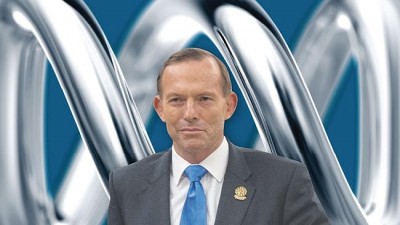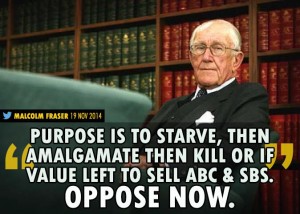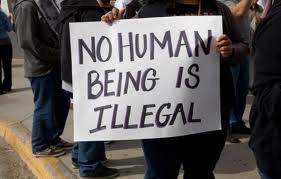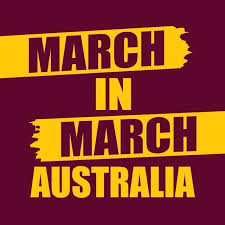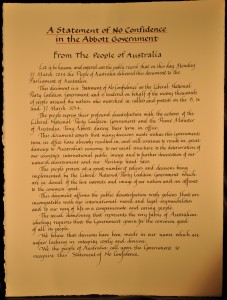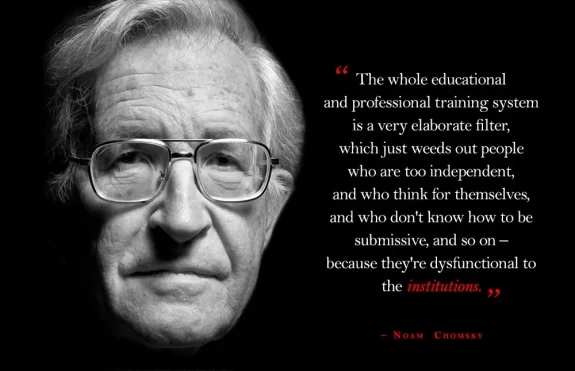In March, we’ll march again
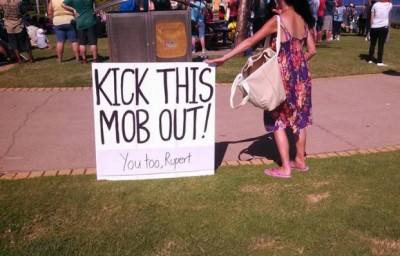
We’re marching again, writes Loz Lawrey. And with good reason.
In 2008, when Australia faced a real and actual global financial crisis, sound economic initiatives by the Labor government of the day sheltered our nation from the pain suffered by other western nations.
In the months leading up to the 7th September 2013 election the Australian electorate was assaulted by a barrage of hysterical obfuscation that twisted facts and distorted reality, creating the false perception of a disastrous budgetary/national debt problem.
With no clear plan other than arrogant (and now clearly disproven) assertions of “grownup” economic competence, the LNP opposition bluffed its way into power, supported and enabled by business interests and a compliant media.
Sadly, a good government was laid low by a perfect storm of misrepresen-tation brought on by the collusion of neoliberal proselytisers, would-be oligarchs, mining billionaires, climate-change denialists, right-wing radio shock-jocks and media opinion-mongers.
Media magnate Rupert Murdoch was a central player in the Great Aussie Swindle, his newspapers reinforcing the illusion of “Labor’s mess” and promoting the Abbott campaign.
The incoming LNP government, with the hubris of the self-deluded who believe their own manufactured and spin-doctored myths, claimed a mandate to do whatever they wished in terms of policy implementation.
Australians had elected a far-right government with a textbook neoliberal agenda based on little more than a religious belief in free-market ideology, predator capitalism and the idolatry of greed.
It was a strange choice for a nation that had successfully weathered the global financial crisis and whose economy was the envy of other western democracies.
It was clear to anyone with their eyes open that the incoming Abbott government would treat the electorate with dishonesty and contempt.
The wafer-thin difference between a broken promise and a lie is invisible to anyone with a conscience.
Yet lies, delivered daily with weasel-words and blatant truth-distortion, have been the stock-in-trade of the Abbott regime.
Only three months after the 2013 election a group of concerned citizens came together on the social media platforms of Twitter and Facebook, galvanised into political action and democratic participation by the shock of witnessing what they saw as a disaster for Australia’s social democracy – the accession to power of a “lost-in-space” government of Tea Party ideologues with clearly flawed priorities and scant regard for the public good.
Democracy had been subverted, and the people had to step up.
By mid-March 2014 word had spread in classic grassroots fashion, and 100,000 people took part in the “March In March” protest rallies at some twenty-five locations nationally over three days to voice their disgust with the Abbott government’s performance and future intentions.
At these rallies the placards of those attending expressed outrage and concern at government decisions across-the-board, in policy areas from education to the environment, from health to climate change to the inhumane treatment of refugee asylum seekers.
The March protests culminated with the presentation of a “Statement Of No Confidence In The Abbott Government From The People Of Australia” at Parliament House in Canberra on Monday 17th March.
This document entered the history books two days later, when Greens Senator Scott Ludlam attempted (unsuccessfully, for technical reasons) to table it in the Senate.
Today, member groups of the community alliance of volunteers known as “March Australia” are hard at work planning protests for the weekend of 21-22 March 2015, the first anniversary of the March In March rallies.
From picnics in the park to full-on protest marches, people in communities around Australia will find their own ways to express themselves, raising their voices in support of the fair and just society we all value so much and the good governance we demand.
The public’s perception of an unfair, lying government shifting wealth upwards and demonising minorities is now shared by many who voted for Abbott in 2013.
This government’s policies will hurt most Australians who aren’t members of the privileged and wealthy elite, be they tertiary students, First Australians, union members, refugee asylum seekers, the unemployed, the sick, the disabled, the elderly or the poor.
There’s a strong likelihood that by March the number of “feet-on-the-street” will have swelled, now that even the government’s own MP’s have been copping serious flak from voters in their electorates over the LNP’s performance to date.
The knighting of England’s Duke of Edinburgh, Prince Phillip, yet another example of Tony Abbott’s unhinged “captain’s call” decision-making, has reinforced the public perception that our Prime Minister lives in a mental fairyland, totally divorced from the reality of everyday life.
Now that the Productivity Commission has been charged with conducting a workplace review, there is widespread concern that Abbott is intensifying his assault on working people and their entitlements, hard-won by unions over many years.
In other words, the government wants to remove penalty rates and unfair dismissal laws and reduce the minimum wage to a level lower than the actual cost of living, under the pretext that our economy needs business “flexibility” and “sustainability”.
It’s very hard to see how turning Australia into a Little America by entrenching a far greater underclass of working poor than that the one we already have will make for a better society.
The budget handed down in May 2014 was a turning-point, a watershed moment which laid bare the new government’s agenda, in all its elitist ugliness, for all to see.
Like a child who sees that the emperor has no clothes, Australians saw bad policies which demonstrate obvious contempt for the most marginalised and disenfranchised people in our society – in other words, a complete trashing of Australia’s cherished Fair Go.
Like that child, we must speak up. Our social democracy is being wounded daily, suffering blow after blow from a government which repeatedly lies and misleads us and has no respect for we, the people.
Those of us who care will march again in March.









